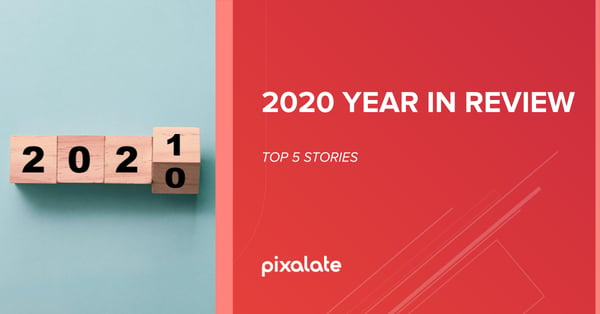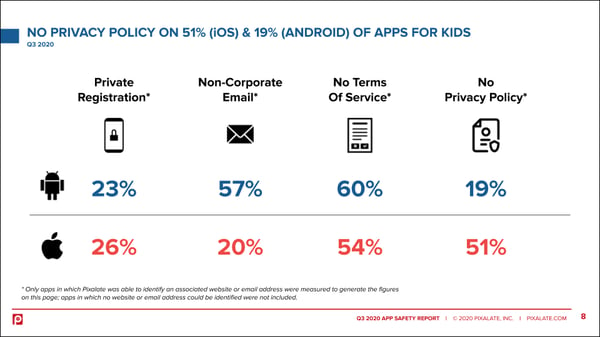
This week's review of ad fraud and quality in the digital advertising space.

Pixalate's top five stories from 2020 include multiple ad fraud discoveries spanning Connected TV/OTT and mobile in-app advertising as well as breakthroughs for the OTT/CTV ad ecosystem.

"The state of mobile app security is poor," wrote Avast in a blog post examining how apps "represent a huge and growing attack vector" — using Pixalate's recent Matryoshka ad fraud discovery as an example.
"Mobile apps are being pushed out of development more rapidly than ever, with best security practices often a fleeting afterthought," wrote Avast.

Pixalate's Mobile Ad Supply Chain: App Safety & Consumer Data Privacy Report (Q3 2020) takes a specific look at apps for kids (aged 12 and under). This blog examines the percentage of apps across the Google and Apple app stores that count kids aged 12 and under as part of their target audience — but do not appear to have a privacy policy.

In this eMarketer podcast, Nicole Perrin, eMarketer principal analyst, and Eric Haggstrom, forecasting analyst at Insider Intelligence, "discuss what they're paying attention to in 2021" — including digital ad measurement and the Connected TV ecosystem.

Connected TV/OTT ad fraud schemes "could become more common as advertisers turn to cheaper, less trustworthy buying options amid skyrocketing demand for CTV inventory," wrote Business Insider. "Still, marketers likely won't shy away from the channel—in fact, it will be a bright spot in 2021," Business Insider added.
*By entering your email address and clicking Subscribe, you are agreeing to our Terms of Use and Privacy Policy.
These Stories on Weekly Recaps
*By entering your email address and clicking Subscribe, you are agreeing to our Terms of Use and Privacy Policy.

Disclaimer: The content of this page reflects Pixalate’s opinions with respect to the factors that Pixalate believes can be useful to the digital media industry. Any proprietary data shared is grounded in Pixalate’s proprietary technology and analytics, which Pixalate is continuously evaluating and updating. Any references to outside sources should not be construed as endorsements. Pixalate’s opinions are just that - opinion, not facts or guarantees.
Per the MRC, “'Fraud' is not intended to represent fraud as defined in various laws, statutes and ordinances or as conventionally used in U.S. Court or other legal proceedings, but rather a custom definition strictly for advertising measurement purposes. Also per the MRC, “‘Invalid Traffic’ is defined generally as traffic that does not meet certain ad serving quality or completeness criteria, or otherwise does not represent legitimate ad traffic that should be included in measurement counts. Among the reasons why ad traffic may be deemed invalid is it is a result of non-human traffic (spiders, bots, etc.), or activity designed to produce fraudulent traffic.”

